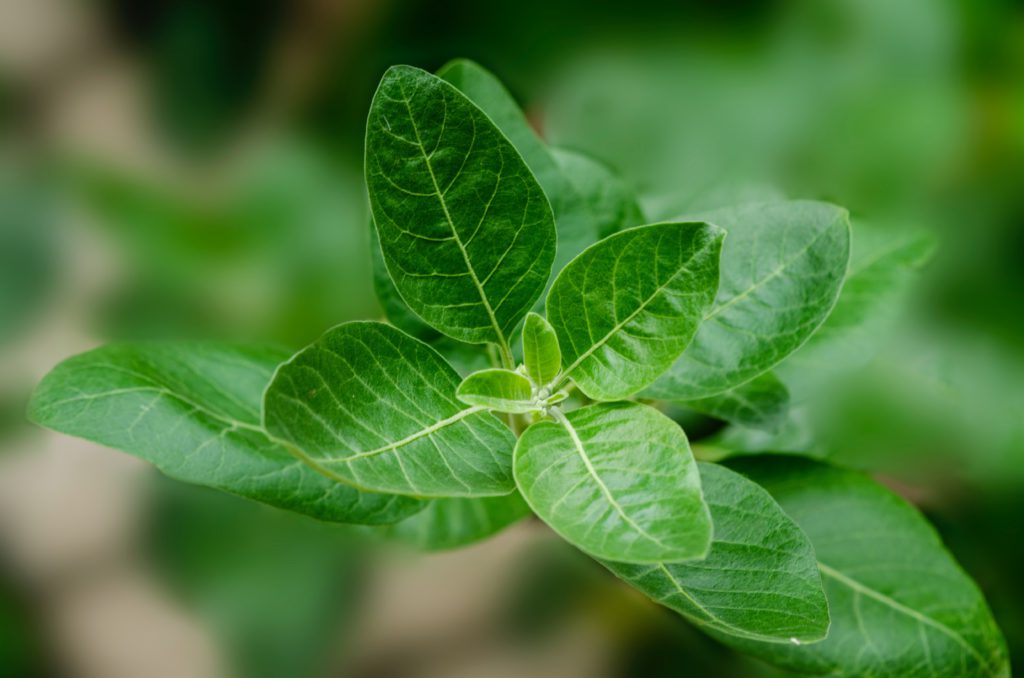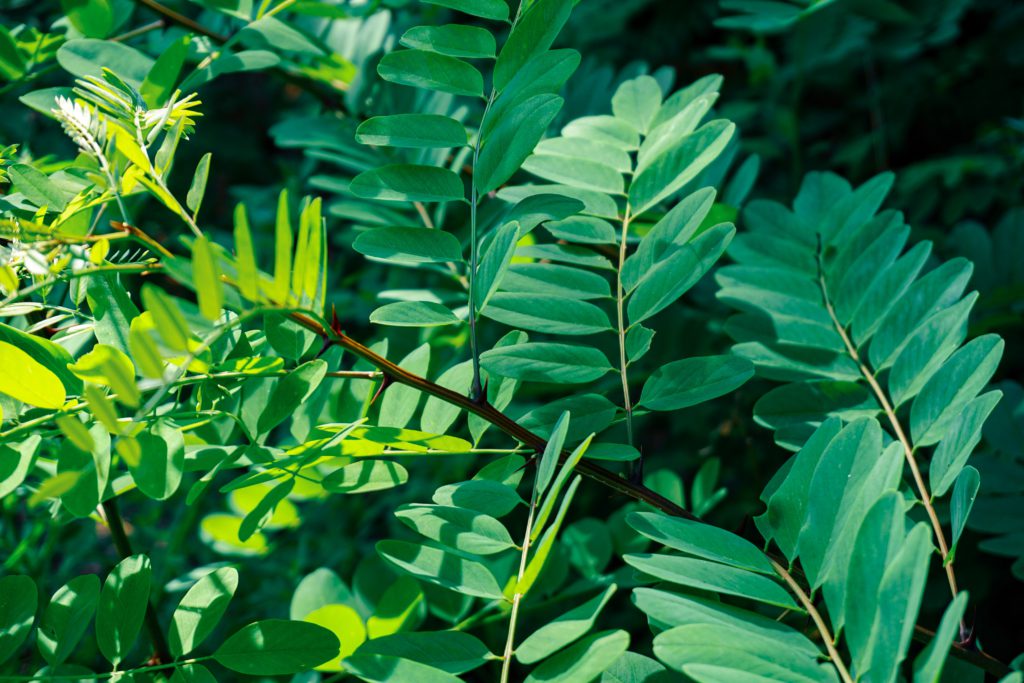6 Herbs for Brain Health
The nutritional power of herbs in the treatment and prevention of various diseases is known for centirues. Here, we go through 6 herbs for brain health.
Stay Healthy
Get articles that dive deep into the details about functional foods, plant-based nutrition, health, and fitness.
Different cultures and countries worldwide have harnessed the nutritional power of herbs in the treatment, suppression, and prevention of various ailments and diseases for centuries, with science only just beginning to explore the potential benefits they can provide. In this article, we go through 6 herbs for brain health
While most individuals might picture a bay leaf or a sprig of rosemary when it comes to thinking about their favorite herbs, some of the most effective and health-promoting plants are ones you might never have even heard about.
When it comes specifically to supporting the functioning of the human brain, as well as the regulation of various cognitive operations, such as learning, modulation of mood, and the lowering of the risk of neurodegenerative disease, there are a few herbs best up to the task and here’s why.
6 Herbs for Brain Health:
Rhodiola
As a member of the Crassulaceae plant family, the Rhodiola rosea herb — often referred to as the golden root — is a golden herb to look out for indeed.
Accredited in ancient Chinese medicine for its extensive list of benefits relating to both physical and mental health, Rhodiola helps to increase blood flow circulation to the brain and improve cerebral metabolism and fight inflammation all over [1, 2].
Rhodiola is widely used for its ability to stimulate the nervous system and has been linked through scientific study to a significant decrease in the experience of anxiety, fatigue, memory loss, and other psychomotor functions [3].
Although the precise mechanisms remain unknown, research suggests that incorporating this herb into our diets may boost our brain’s ability to retain and recall information. One study, in particular, found that ingestion of Rhodiola shortened the reaction and response time of individuals and facilitated an increase in the number of correct answers they gave as a result [4].

Ashwagandha
Ashwagandha, also known as Indian ginseng, is a potent herb with a range of positive pharmacological ramifications in the brain.
The bioactive properties of ashwagandha have been found to contribute to a neuroprotective effect against the development of diseases associated with cognitive and mental decline, in addition to the reduction of symptoms related to anxiety, Schizophrenia, Huntington’s disease, dyslexia, depression, autism, addiction, ADHD, and bipolar disorders [5].
Although the most powerful phytochemicals of ashwagandha are present within the plant roots, some studies have demonstrated tumor suppression and anti-cancer abilities in experiments that use a concentrated extract of the leaves, instead— even at relatively low doses [6, 7].
The possible range functions for this herb in the protection of cell health and the preservation of neural connections is so vast that further research is, as always, needed.
Check out “The Benefits of Digestive Enzymes vs. Probiotics.”

Astragalus
Similar to ashwagandha, Astragalus genus plants have neuroprotective nutrients, and its major active ingredient is astragalus polysacharin (or APS).
The extract of Astragalus has a long history in Chinese medicine to treat nerve and stroke injuries within the brain. The effectiveness of APS is thought to be due to its positive enhancement of neuroplasticity [8].
Neuroplasticity is the word that describes the brain’s ability to adapt or change by forming new neural pathways — such as in response to learning a new skill or experiencing a change in one’s environment — in addition to recovering from different types of trauma that may impede normal neural functioning.
Studies also highlight the herb’s potential abilities to improve cognitive decline in diabetic patients who, as a result of their diabetes, are nearly twice as likely as non-diabetic individuals to experience dementia and other neurodegenerative diseases with age [9, 10].
Eleuthero
Eleutherococcus senticosus is a herb species of woody shrub in the family Araliaceae. This adaptogenic herb is often referred to as Siberian ginseng, despite not being related to true ginseng, and is purported within the scientific study for its memory strengthening effects.
Research shows that intake of eleuthero can increase blood flow and circulation to and around the brain, thereby temporarily boosting cognitive ability and attention span [11].
The extract of this herb contains key active ingredients such as ciwujianoside C3, eleutheroside M, and ciwujianoside B — all of which can penetrate the blood-brain barrier to directly influence the health of the brain. These compounds are found to functionally extend the dendrite receptors of neurons within the brain, possibly improving recall, remembering, and concentration in the process [12].

Sage
Although a member of the very same family, the common sage herb (Salvia officinalis) is not to be confused with its hallucinogenic sister species, Salvia divinorum.
Further to being a tasty herbal addition to any culinary creation, sage is known for its ability to protect against a range of neurodegenerative diseases, including dementia and Alzheimer’s, by protecting PC12 cells from Aβ1–42 induced neurotoxicity [13, 14].
Neurotoxicity occurs when the normal activity of the nervous system is affected as a result of exposure to toxins and the production of free radicals within the body. Free radicals can wreak havoc on lipids, proteins, and DNA, causing tiny breaks to occur in these molecules, leaving room for mutations and thus the development of disease [15].
By acting as an anti-inflammatory agent and a powerful antioxidant, sage helps combat a build-up of free radicals within the system by lowering the levels of oxidative stress (hence the name antioxidant)

Lemon Balm
This pretty flowering plant has a lot to offer when improving mood and lowering the risk of degenerative disease. The lemon balm herb officially referred to as Melissa officinalis, is primarily associated with improvements in temperament and mental health using mechanisms that induce a low but sustained level of anxiolysis [16].
Anxiolysis is the term for the experience of a reduction in anxiety, characterized by feelings of calm, peacefulness, and a meditation-like state.
The lemon balm herb has also been widely studied for its potential to fight insomnia and reduce symptoms of depression due to its ability to minimize stress-related effects in the brain [17].
One study observed reduced levels of the stress hormone cortisol across all participants, only 1 hour after they consumed lemon balm extract, supporting the efficacy of the lemon-scented plant in physiologically altering the body’s (and, therefore, the brain’s) perception of distress and other negative emotions [18].
In summary, 6 Herbs for Brain Health
In summary, when it comes to looking after the brain, there are many helpful plants that may aid in the role of regulatory behaviors and the prevention of disease.
The beneficial effects of these herbs are nothing short of highly impressive, with functions ranging from the improvement of memory and problem-solving cognition to directly aiding in the ability of the brain to repair itself following the experience of neural trauma!
Lastly, while these herbs are generally considered safe for consumption, it’s important to always check with your doctor or nutritionist before introducing any bioactive substance into your routine.
Check out “The Benefits od Oregano.”
Get our best articles about nutrition, health and fitness.
About Satia
Our Mission is simple. Top quality functional foods from sources that you can trust.
Learn more